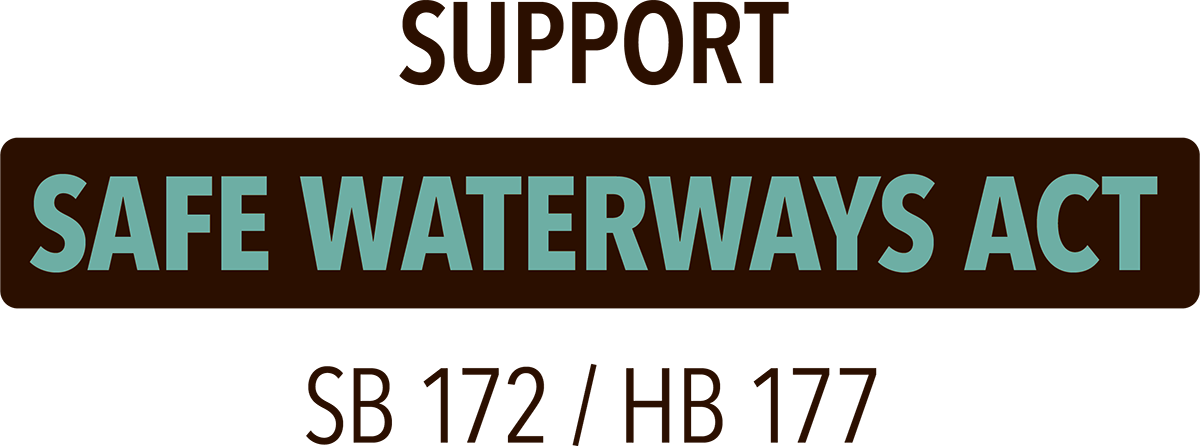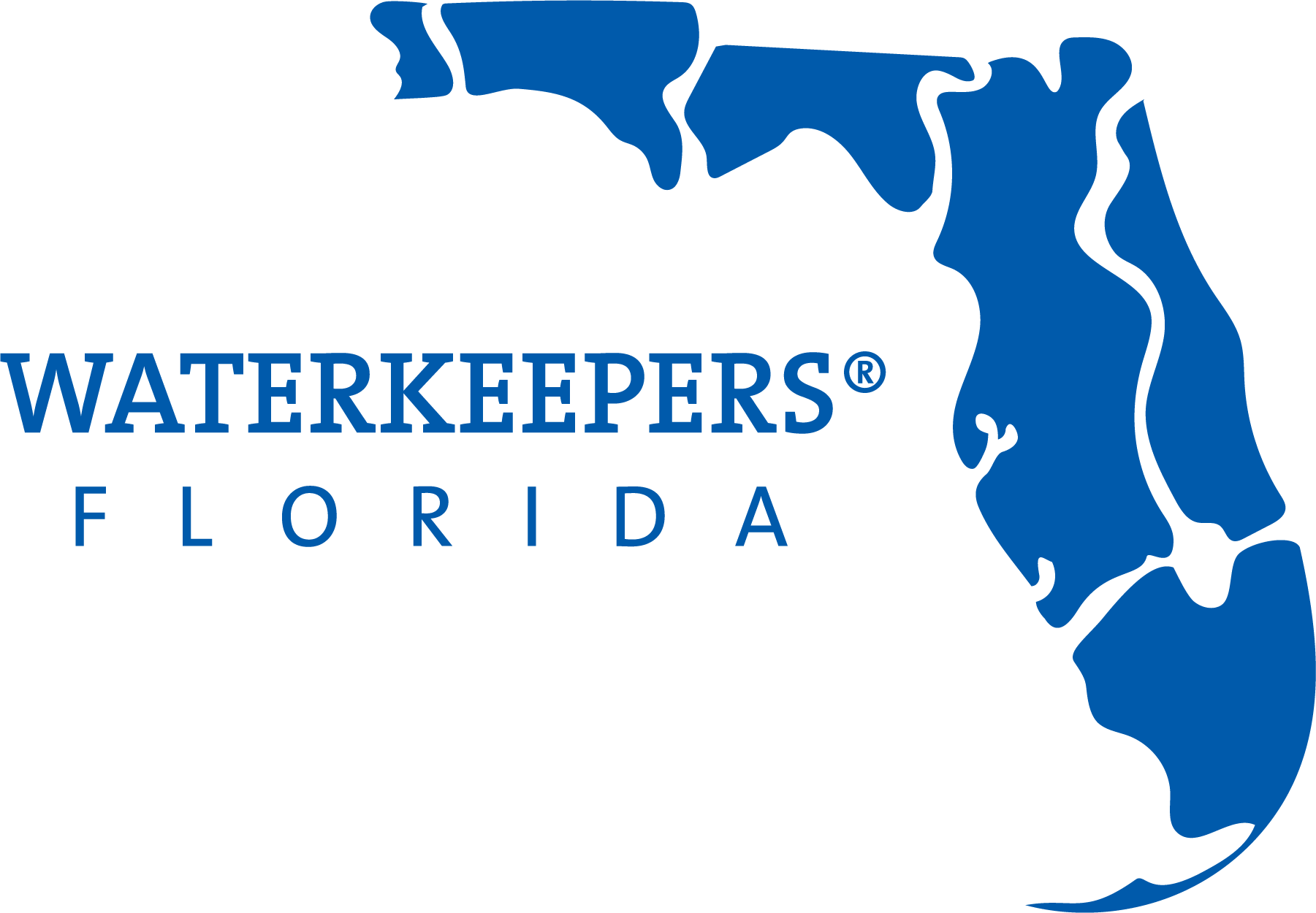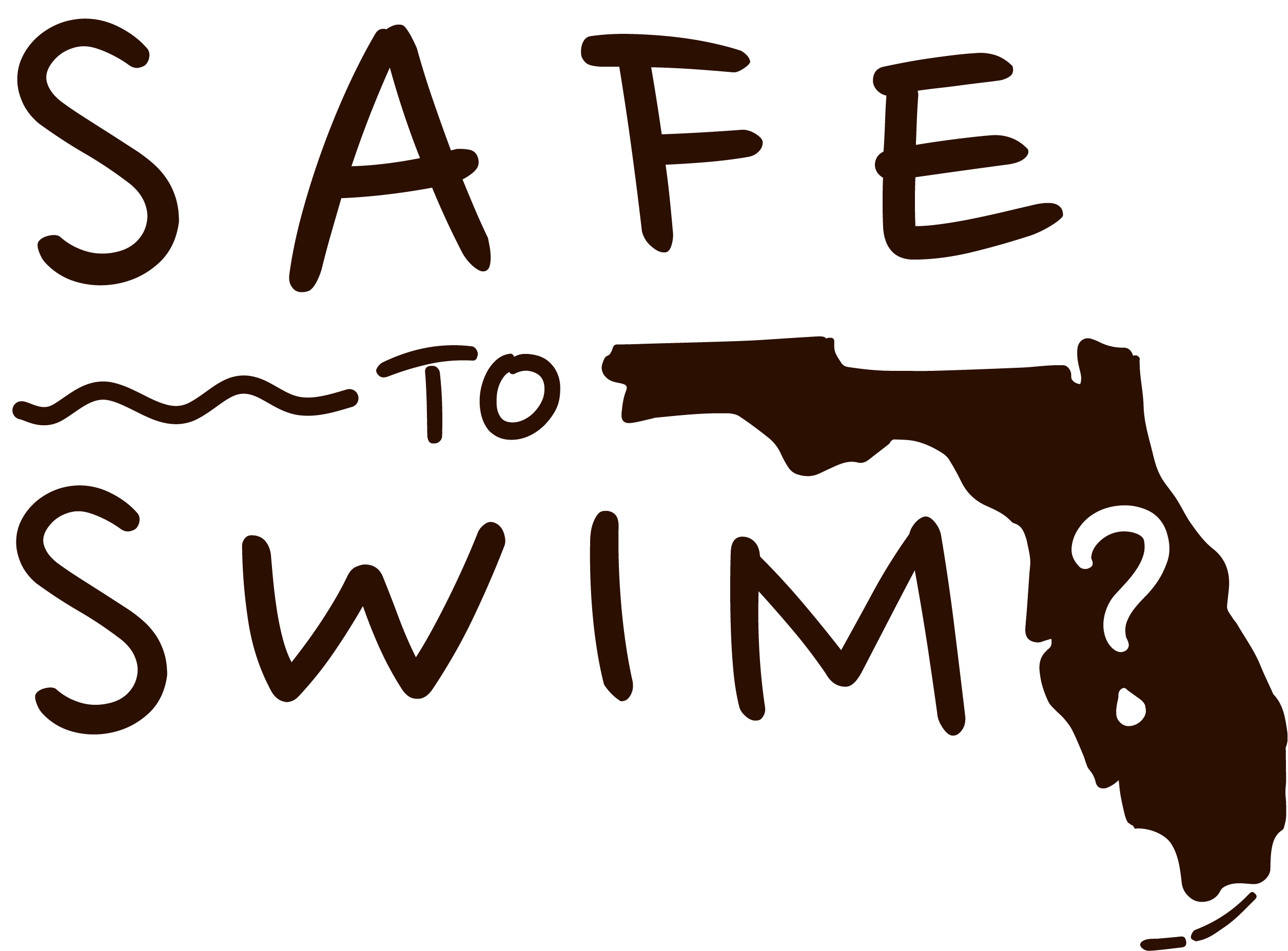The Problem
- Fecal contamination can contain bacteria, viruses and parasites that make people sick with gastro-intentional symptoms, rashes, flu-like symptoms or even flesh-eating bacteria.
- The state’s current “Healthy Beaches” program only monitors a small selection of public beaches, and largely ignores inland locations.
- Each county’s reporting and notification can be slow, arbitrary, and inconsistent across the state.
- Simply put, if there is fecal contamination in the water, there are times local authorities are not notifying the public of the health risk.
- The issues of unsafe beaches and poor public awareness have been worsening over the years and put into sharp focus by events such as Hurricane Ian.
The Safe Waterways Act would require the Florida Department of Health (FDOH) to:
- Issue health advisories when beach waters have unsafe levels of fecal indicator bacteria. These advisories should not be restricted to “public bathing places.”
- Close beach waters & public bathing places when deemed necessary, until it is safe to swim again.
- Post consistent signage at public access points to inform users about the risks.
- Establish a public-facing statewide database for fecal bacteria.

Safe to Swim Supporters






